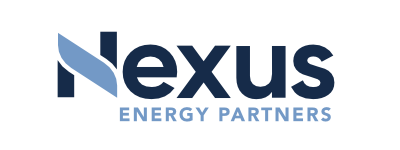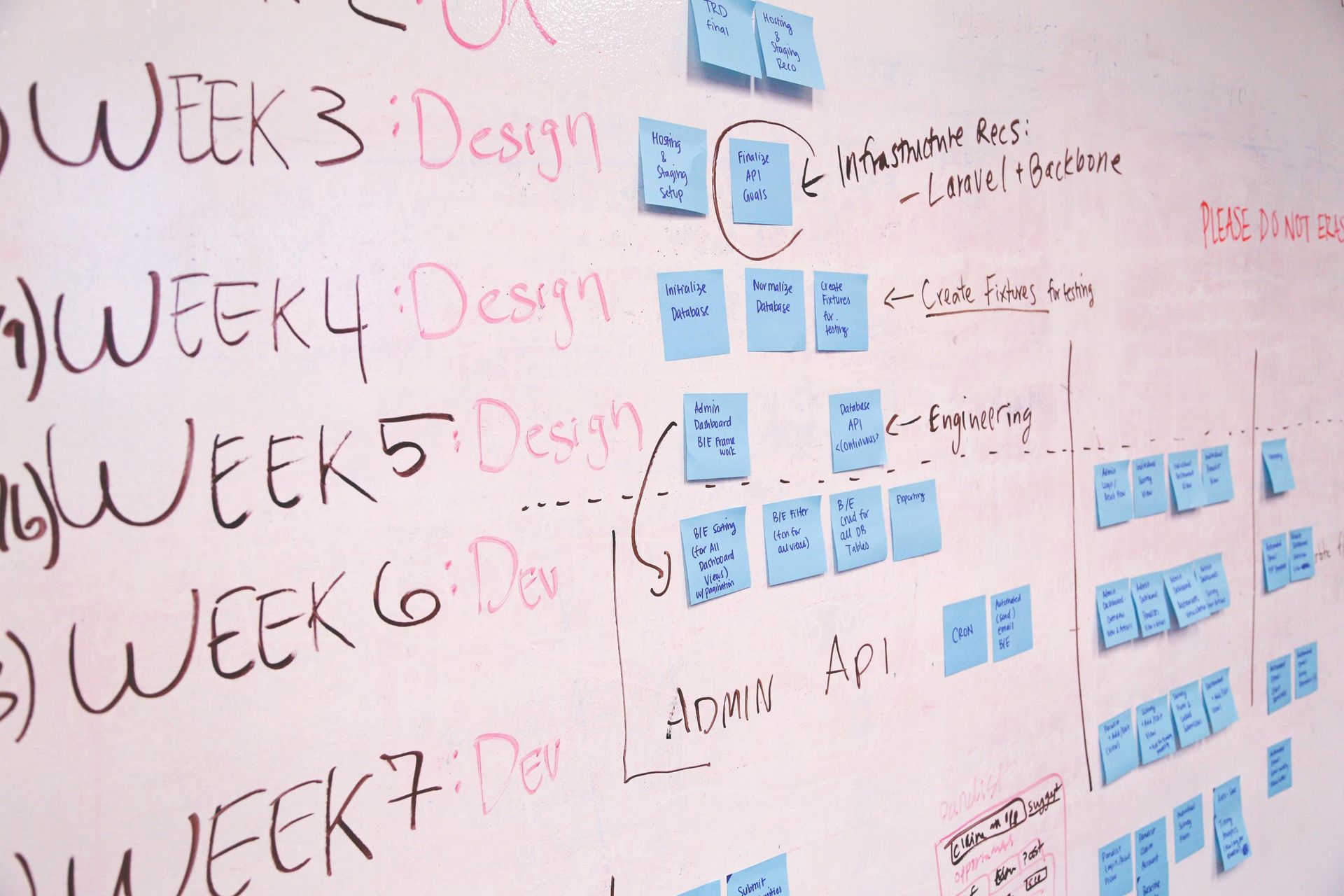By Ranae Peterson
•
January 12, 2026
Duplicated files, inconsistent folder structures, and undocumented processes, often stored as tribal knowledge in the minds of a few employees, undermine productive data storage and effective information use. As organizations grow, these challenges compound, slowing onboarding, increasing rework, and creating unnecessary operational friction. In 2026, remaining competitive requires moving beyond basic storage solutions. Microsoft SharePoint for small business operations offers a modern alternative. It has evolved into a dual-purpose platform that functions as both a company intranet and a centralized document repository, supporting collaboration, governance, and scalability. This guide explores common data storage challenges faced by SMBs, how SharePoint Intranet and SharePoint Document Repositories work, and the best practices and pitfalls to consider when implementing SharePoint effectively. Common Data Storage Pain Points for SMBs Organizations relying on basic or legacy storage solutions often encounter several recurring issues: • Disorganized and scattered files Inconsistent folder structures and unclear naming conventions make it difficult for employees, especially new hires, to locate relevant information. • Duplicate content and version confusion Multiple versions of the same document create rework, reduce trust in information, and slow decision-making. • Permission complexity Poorly managed access controls result in security risks, accidental oversharing, and administrative overhead. • Inefficient onboarding New employees spend excessive time navigating legacy file systems rather than focusing on productive work. Ultimately, a lack of organization and governance limits the effectiveness of data storage systems across the business. The Value of SharePoint for SMBs Microsoft SharePoint is a web-based collaboration and document management platform designed to securely store, organize, and share information. As part of the Microsoft 365 ecosystem, it integrates seamlessly with tools such as Teams, Word, Excel, and OneDrive. SharePoint delivers value to SMBs through two primary capabilities: the SharePoint Intranet and the SharePoint Document Repository . Value of SharePoint Intranet A SharePoint intranet serves as a centralized hub for communication, collaboration, and information sharing across the organization. Key benefits include: • A single source of truth for policies, procedures, company news, and official documentation • Reduced information silos and fewer outdated or conflicting files • Improved efficiency through workflow automation and approval processes • Advanced search functionality to quickly surface critical information • Enhanced engagement through news feeds, leadership updates, and social interaction features As a cloud-based platform, SharePoint ensures consistent access to information regardless of location or device, supporting both in-office and remote teams. Value of SharePoint Document Repository SharePoint’s document repository capabilities are designed to modernize document management and improve operational efficiency. Key advantages include: • AI-powered document intelligence , leveraging tools such as Microsoft Copilot and SharePoint Premium to extract data, apply metadata, and generate summaries • Improved governance through automated tagging and classification • Time and cost savings by reducing manual file management and duplication • Real-time co-authoring and version control, enabling multiple users to collaborate on the same document without creating duplicates These features help organizations move beyond simple file storage to structured, searchable, and governed content management. How SharePoint Works in Practice SharePoint can be thought of as a digital office building: • Sites represent dedicated spaces for teams, departments, or projects • Libraries function as filing cabinets used to store and organize documents • Pages act as notice boards for announcements, links, and key resources Microsoft Teams and OneDrive are built on top of SharePoint. Creating a new Team automatically provisions a SharePoint site, while OneDrive serves as a private workspace for drafts and individual files until they are ready to be shared. Best Practices for SharePoint Success To maximize the value of SharePoint, organizations should follow several proven best practices. Focus on Flat Architecture - Avoid deep folder hierarchies and nested site structures. Instead: • Use flat site architecture with hub sites • Limit folder depth to improve navigation • Rely on metadata for filtering and organizing content dynamically Manage Permissions Thoughtfully • Assign permissions to groups, not individuals • Grant users the minimum access required for their role • Create dedicated sites for external collaboration to prevent accidental oversharing Be Proactive with Governance • Implement retention policies and labels to automate content lifecycle management • Standardize naming conventions for sites and files • Conduct regular audits to remove inactive users and review permissions Adopt a People-First Approach • Identify departmental “super users” to support adoption • Design intranet pages around common tasks • Invest in ongoing training to ensure consistent usage and engagement Common Pitfalls to Avoid Even well-intentioned SharePoint implementations can fail without proper planning. Architectural and Management Issues • Migrating legacy network drives directly into SharePoint without redesign • Overly deep folder structures that hinder navigation • Unrestricted site creation leading to abandoned or duplicate sites Permission and Security Mistakes • Breaking permission inheritance at the file or folder level • Assigning access directly to individuals instead of groups Usability and Governance Gaps • Treating SharePoint as a file dump rather than a structured platform • Over-customizing sites, which can impact performance • Neglecting retention policies, resulting in outdated search results and higher storage costs Integrating SharePoint into the Business Successful SharePoint adoption requires a structured rollout approach, such as a 30/60/90-day plan or a phased implementation path. Five-Step Implementation Path 1. Discover – Define how SharePoint will support business objectives 2. Design – Establish flat architecture, hub sites, and governance standards 3. Build – Configure sites, security, and compliance controls 4. Migrate – Audit and clean data before migration, map metadata 5. Train & Support – Build user adoption through training and peer support Why Invest in SharePoint Consulting Implementing SharePoint effectively can be complex, particularly for SMBs balancing growth and limited internal resources. SharePoint consulting services provide the expertise needed to design, implement, migrate, and govern the platform successfully. From assessments and architecture design to migration and long-term governance, Brewster Consulting Group supports organizations at every stage, ensuring SharePoint becomes a strategic asset rather than another underutilized tool. Schedule a brief chat with us today to get started!














